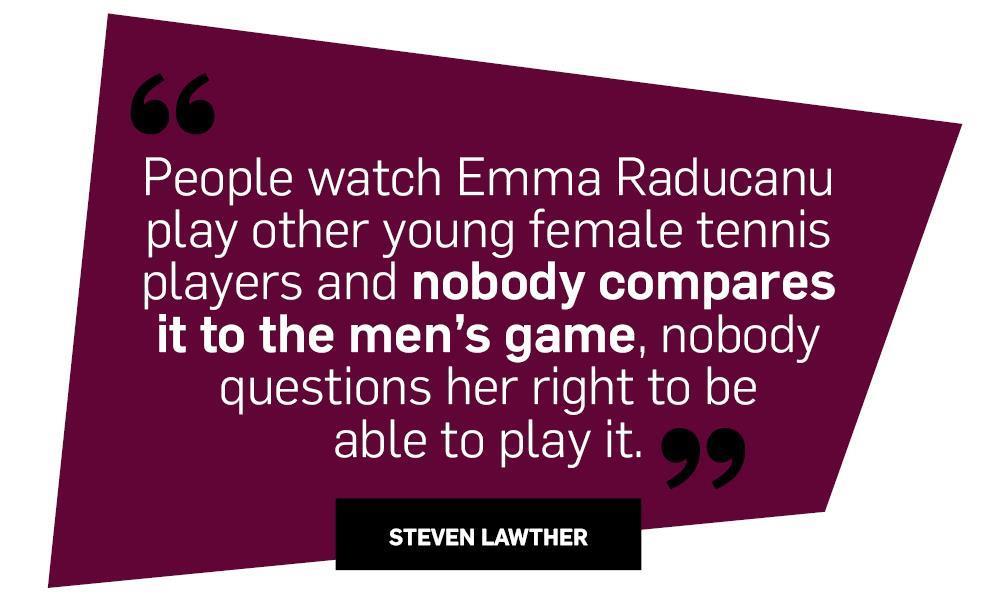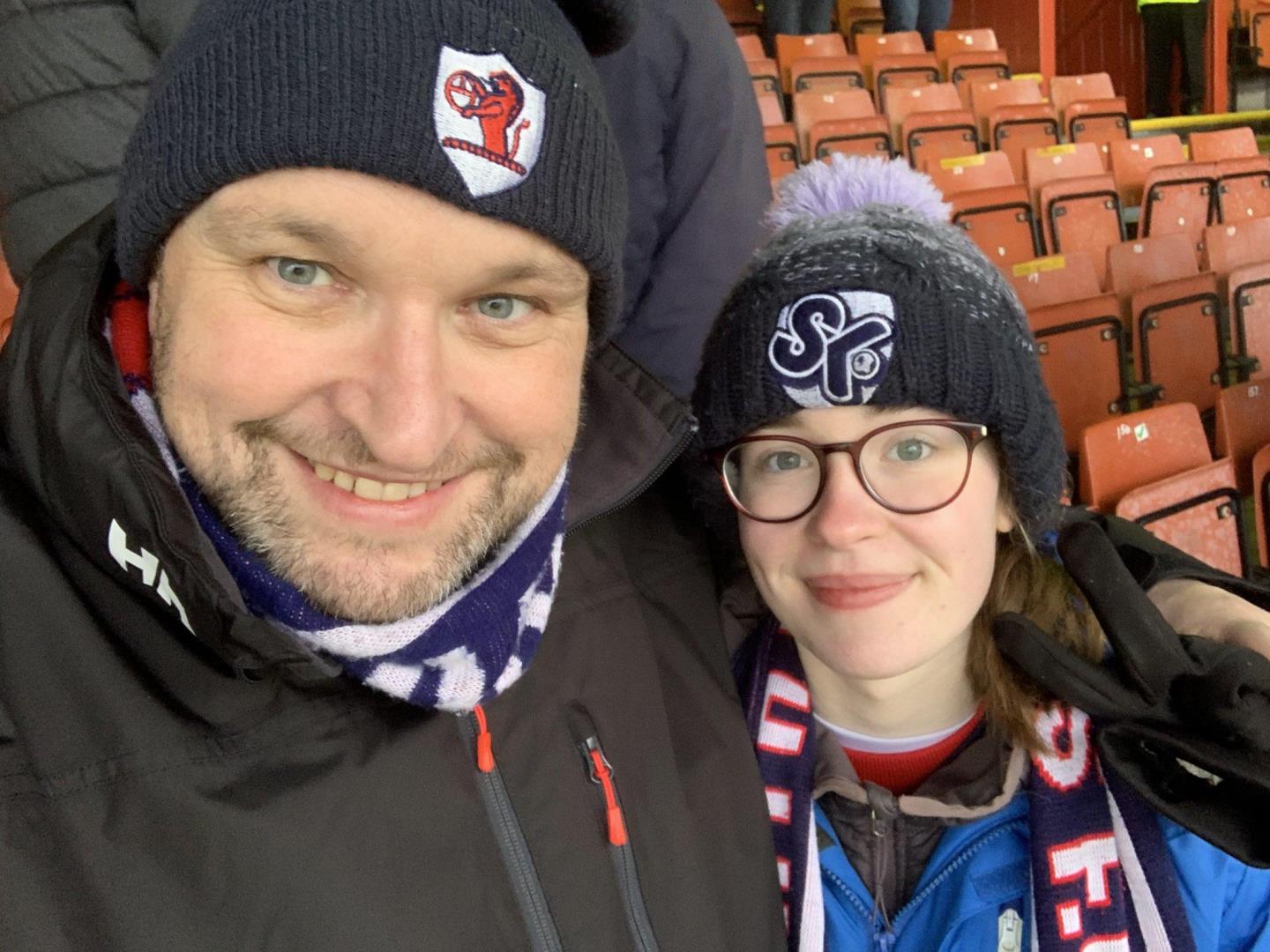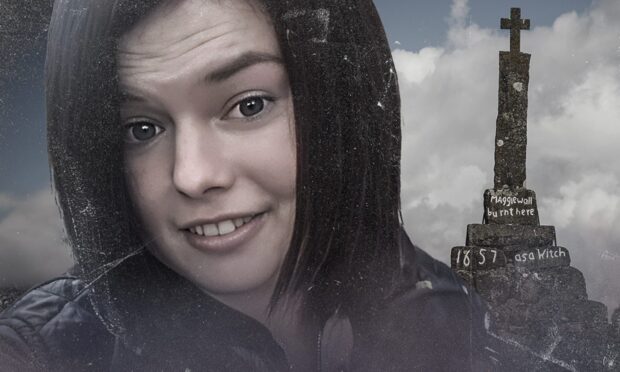He is the proud dad of a young female footballer.
Raith Rovers fan Steven Lawther, originally from Glenrothes, became a staunch fan of women’s football after watching his daughter Grace get into the sport.
Now, he has issued a heartfelt call to arms to beat the trolls dogging the women’s game.
Barrage of abuse
Dad of one Steven, 52, said: “Most of the sexism and misogyny seems to be online.
“Almost every article about women’s football has a barrage underneath from ‘I don’t care about this, why are you shoving this down our throats?’ to more abusive and derogatory stuff.
“I am really conscious of the prevalence of that. Watching Raith you see mistakes all the time but no-one jumps on it and starts saying: ‘oh, men can’t play football or men can’t be goalkeepers’.”
Steven’s experience chimed with the result of our probe into sexism faced by female footballers at all levels.
We launched a survey among players, fans and officials. The results showed 68% having suffered hate – in person and online – just for playing football.
‘There is no real difference between men and women’s football’

Steven said: “It is all just football. Women’s football has the same capacity to be hugely entertaining and the same capacity to have mistakes happen as the men’s game. There is no real difference.
“Why are we in football making these comparisons between the men’s and women’s sport or questioning the right for women to take part?
“People watch Emma Raducanu play other young female tennis players and nobody compares it to the men’s game, nobody questions her right to be able to play it.
“It’s a nonsense. I think the abuse is something that you need to actively oppose and call out.
“It has to be done at every turn or this notion that the game is second rate or not acceptable will just continue forever.”
Steven is the author of a book titled Arrival – How Scotland’s women took their place on the world stage and inspired a generation.
It documents the history of the Scotland National Women’s Team and their journey to the 2019 World Cup.
He added: “One of the attractions of going to women’s games is the environment is much, much nicer.
“When you go to a men’s game after a female game, you think this is kind of odd, people are so aggressive while people are more supportive at women’s games.”
Ongoing battle against sexism in football
In his book, Steven mentions the ongoing battle against sexism in the game.
He wrote: “A cursory glance at social media or the BBC website when women’s football is mentioned provides a stark reminder of how some view the sport.
“A queue will form of people, predominantly men, seeking to demean and ridicule or, most bizarrely of all, pronounce loudly that they don’t care.
“It is opinion fuelled by the same hostility that voted against recognising women’s football in 1971, that banned Rose Reilly and Edna Ellis from the Scotland national team or suggested torching Fir Park after a women’s qualifier.”
Anyone who witnesses sexist abuse, harassment or discrimination, can report it in a number of ways.
You can report discrimination within Scottish grassroots football to the Scottish Football Association.
Or search for Scottish FA Grassroots in Google Play or App store.
Also, the Her Game Too anti-sexism campaign has an anonymous online form.
If you feel the form of discrimination you witnessed either on the pitch or online could be a hate crime, you may also report it to Police Scotland via 101.
Read more from this series
- Women in football: Our survey reveals scale of sexist abuse facing those who love the game
- Sophie Goodwin: I was too scared to call out abuse in women’s football before. But that’s what I’m doing now
- Georgia Carter: Online abuse has to be taken seriously for women’s football to grow
- Shelley Hague: ‘Football can be a great force for good’
- Arbroath Community Sports Club Girls is real labour of love for founder Ellie
- Dave Lord: It is down to everyone involved in women’s football at every level to help ensure the future is far brighter
- Elsie Cook: We have to speak out against sexists. We can’t let them win
Credits
Words and interviews by Sophie Goodwin and Stephen Stewart
Story design by Cheryl Livingstone
Graphics by Carly Gilchrist
Data visualisations by Emma Morrice
Video by Drew Farrell, Kim Cessford and Gregor Aiken



